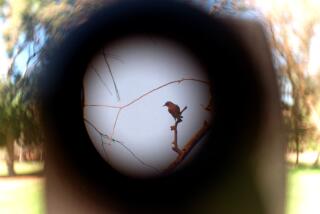11 authors, from Laila Lalami to Jonathan Lethem, on the books they might finally read in quarantine
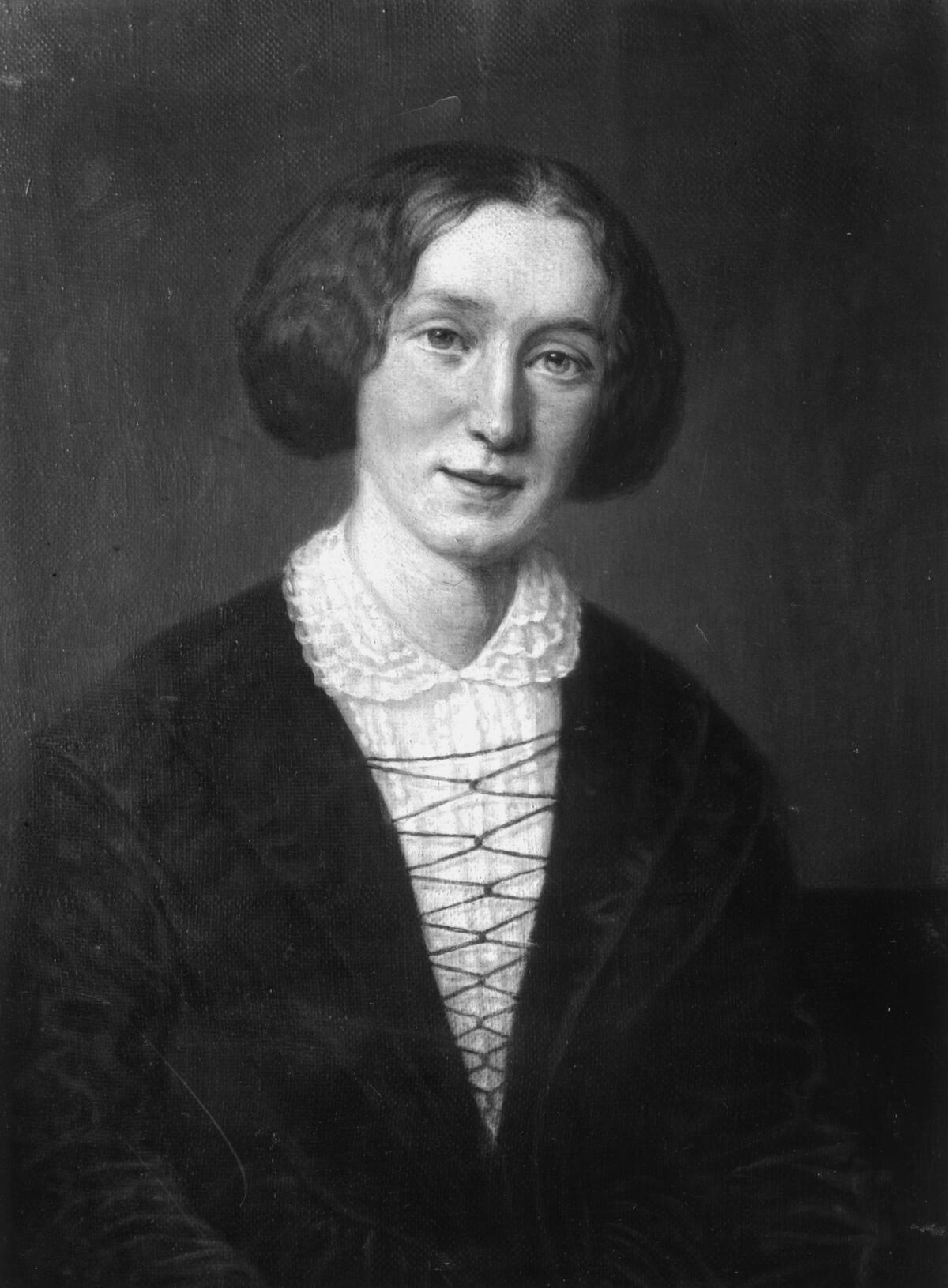
Readers with a sizable to-be-read shelf (or pile) probably know this feeling well: There’s always that one book (or two or three) whose continuing virgin state becomes a source of gnawing irritation. You can almost imagine it glaring at you, aghast at your level of screen time, knowing as much as you do that you were meant to be together.
Sometimes those books are daunting because of their size; in other cases, it just never feels like the right time. (For me, John Cowper Powys’ mammoth novel “A Glastonbury Romance” is one such sentient creature.)
Enter the novel coronavirus and with it the isolation regime — enforced time alone with whatever is most comforting and closest at hand. We asked a number of authors about the books that they’ve intended to read over the years without actually reading. Spoiler: George Eliot came up a few times.
Porochista Khakpour (“Sick”)
For me this has to be “Middlemarch,” a book I have attempted to read over 100 times, I am sure. I am 42 and I first started trying to read it at 16. I found it monstrously boring, but every person I knew — teachers and then professors, friends and lovers, other writers and critics — insisted I would love it. Sometimes I would admit to this in public (it was mentioned in my 2007 “Year in Reading” essay for the Millions) and people would get even more mad! So almost yearly I think this will be the year at last and amazingly every year it is not it.
Garth Greenwell (“Cleanness”)
“Middlemarch” is my favorite Victorian novel, but I’ve never read George Eliot’s last opus, “Daniel Deronda.” I’ve had it on my shelves since graduate school — so for nearly 20 years. Eliot is a curious mixture of iconoclastic daring and conservatism; this book is about a privileged English gentleman — a consummate insider — who learns he is Jewish, a member of a stigmatized minority. It’s a long book, and if true to the Eliot mold it will be engrossing, sympathetic and wise, and will offer the comfort of a world in which the center is presumed to hold. Just the thing for a time of anxious social distancing.
Dexter Palmer (“Mary Toft; or, The Rabbit Queen”)

The book that’s been on my to-read shelf the longest is probably Philip Hensher’s “The Northern Clemency,” which I purchased in hardcover in 2009. The jacket copy calls it “a sweeping chronicle of ordinary lives” that “unfold against the vividly rendered backdrop of twentieth-century England at the dawn of the Thatcher era”; it was shortlisted for the Booker Prize; Philip Pullman called it “tremendous.” I’m sure it’s excellent! But every time I see it on my shelf I think, “Now isn’t quite the time.” My fault, not Hensher’s. Someday.
Jonathan Lethem (“The Fortress of Solitude”)
I’m going to give Uwe Johnson’s “Anniversaries” a shot – the lavish NYRB two-volume box set has been staring at me for a year, bearing with it a strong personal recommendation from one of the more exacting readers I know – Luc Sante – and promising something like the immersion I’ve been craving since finishing Robert Musil’s “The Man Without Qualities.” Why not now?
Nell Zink (“Doxology”)
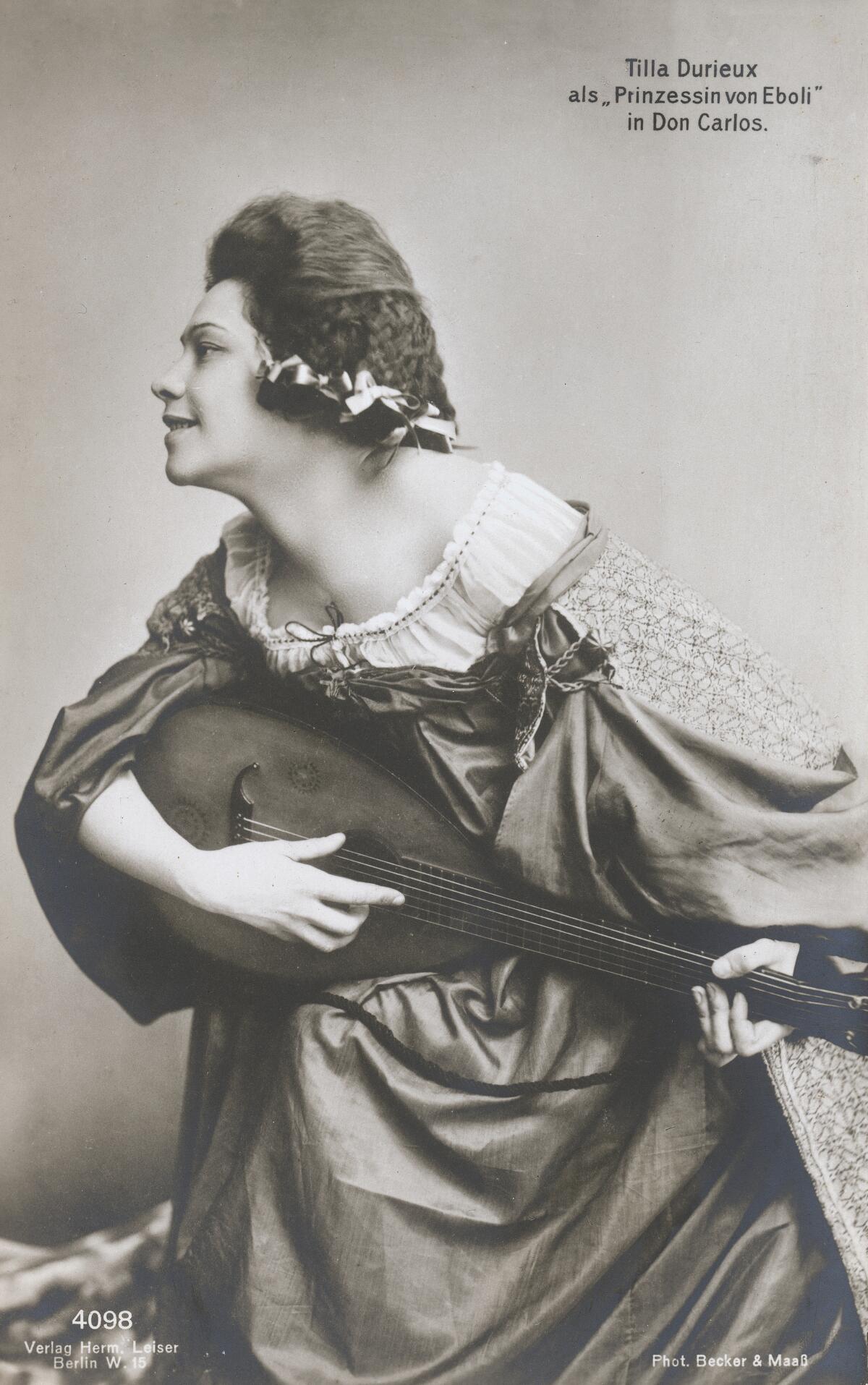
For the record, I’ve read the classic long-term TBRs — Proust (educational at the time; never got another serious crush on a gay guy), Melville (very great) and “Infinite Jest” (astonishingly puerile) — and see no reason to try “The Man Without Qualities” because I’ve never liked Musil all that much. My favorite genre is Quaint and Curious Volumes of Forgotten Lore. I’d really like to leaf through [German stage star] Tilla Durieux‘s autobiography [“Meine ersten neunzig Jahre: Erinnerungen” or “My First Ninety Years: Memories”]. I’m sure if I ask politely in antiquarian bookshops in Berlin and Vienna I’ll eventually find it. Or [she orders it online]. … Four euros including shipping, not bad.
Laird Barron (“Worse Angels”)
I have a pile of unread books that seems to grow rather than diminish, despite my best intentions. Lawrence Block’s “When the Sacred Ginmill Closes” has resided in that pile for over two years, sent to me courtesy of a friend in publishing who adores the Matt Scudder series. Like Matt Helm, Spenser and the Continental Op, Scudder is a seminal character in the genre. To my buddy, Mike: One of these days soon, I’ll complete the mission.
Alexander Chee (“How to Write an Autobiographical Novel”)
I’ve been listening to the audiobooks of E.M. Forster’s works — currently “Howards End” — and reading, finally, “A Great Unrecorded History,” Wendy Moffat’s excellent biography of him. After that I want to reread Damon Galgut’s “Arctic Summer” and listen to “A Passage to India” [the Forster novel Galgut re-imagines]. Then I will read “Lampedusa,” the novel about Giuseppe di Lampedusa, the author of “The Leopard,” and then reread “The Leopard.” Essentially I’ll engage in a series of linked exercises that will require me to make many more connections that will keep me from my fears.
Brandon Hobson (“Where the Dead Sit Talking”)
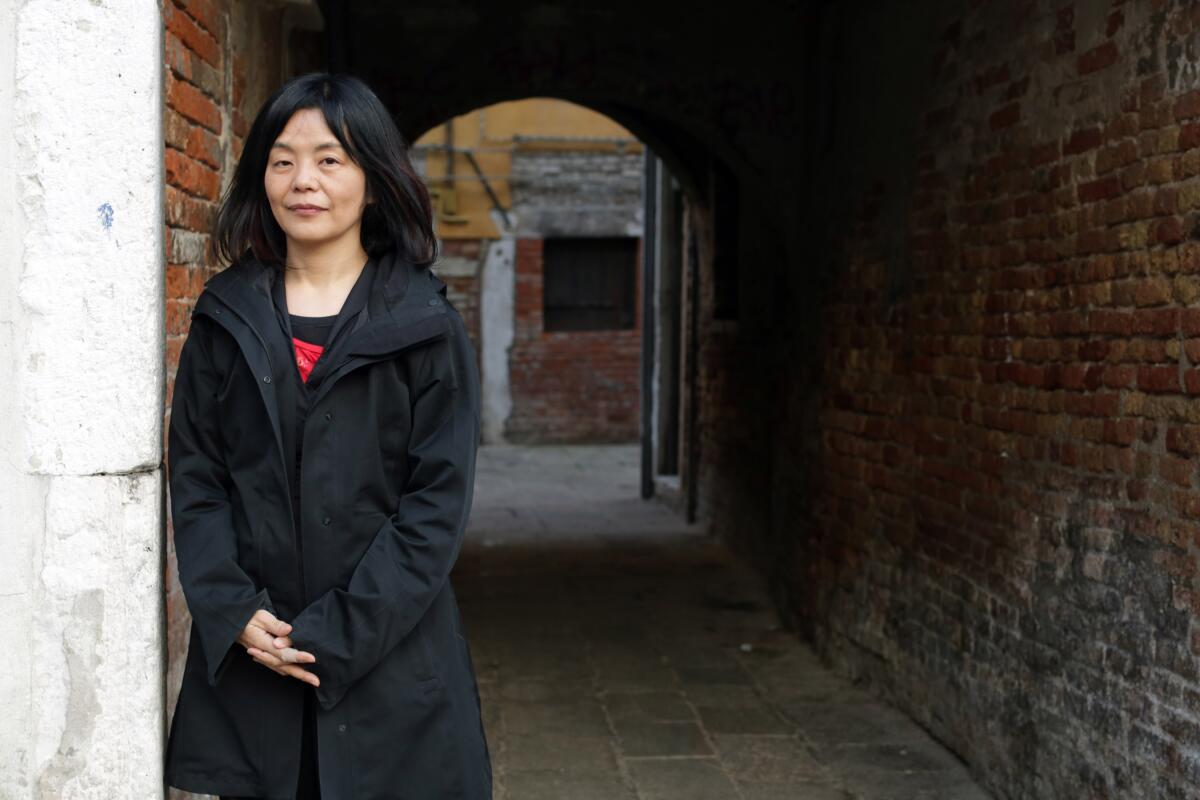
One book on my ‘to read’ shelf is Yoko Tawada’s “The Emissary,” which won the National Book Award in translated literature. I love everything I’ve read by Tawada, including “The Naked Eye,” “The Bridegroom Was a Dog” and “Where Europe Begins,” and I’m always floored by her deep attention to language, her neologisms and her strangeness.
Taffy Brodesser-Akner (“Fleishman Is in Trouble”)
For the first time in two years, I’m reading a book I don’t have to read. It’s Kate Elizabeth Russell’s “My Dark Vanessa.” I’m also rereading [Philip Roth’s] “Sabbath’s Theater.” Oh, and I have to add my downstairs-bathroom book too. I’m finally reading “The Godfather” [by Mario] Puzo. Which I’ve meant to do for years.
Kristen Arnett (“Mostly Dead Things”)
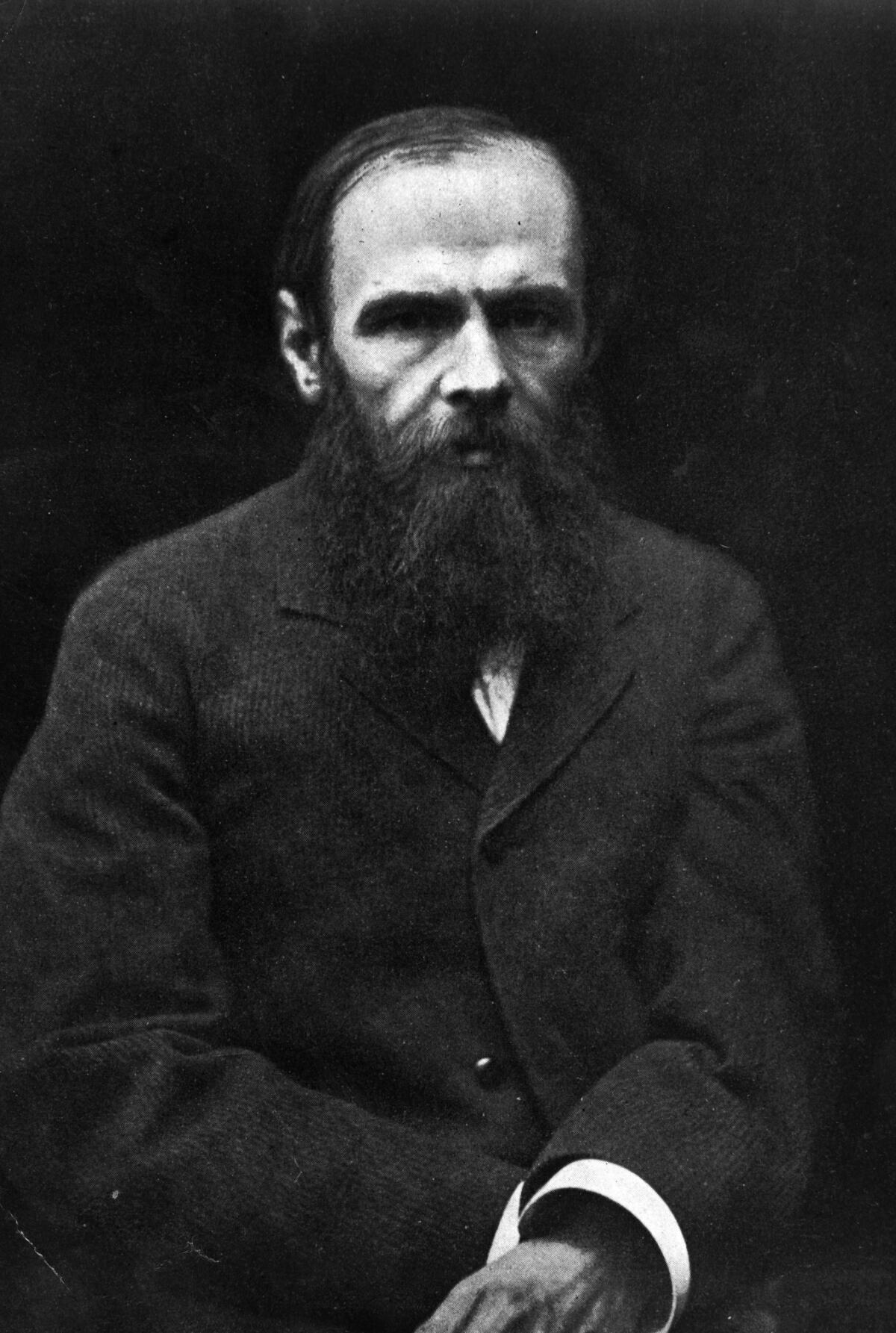
“Crime and Punishment” has been sitting, unread, on my bookshelf for basically my entire life. It has followed me from home to home, from shelf to shelf, just sitting and collecting dust. I keep telling myself that I’m either going to read it or I’m gonna donate it to the library, but I never do. This book is, essentially, my own crime and punishment.
Laila Lalami (“The Other Americans”)
The book that has been on my bookshelves the longest is “Middlemarch.” Now that we’re all facing weeks of self-isolation, I might finally have a chance to read it.
Carroll is author of the novel “Reel,” the story collection “Transitory” and the nonfiction work “Political Sign.”
More to Read
Sign up for our Book Club newsletter
Get the latest news, events and more from the Los Angeles Times Book Club, and help us get L.A. reading and talking.
You may occasionally receive promotional content from the Los Angeles Times.
